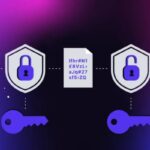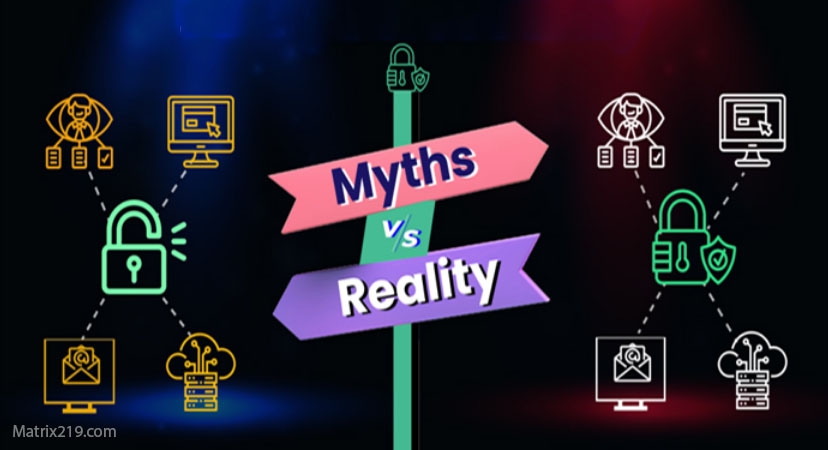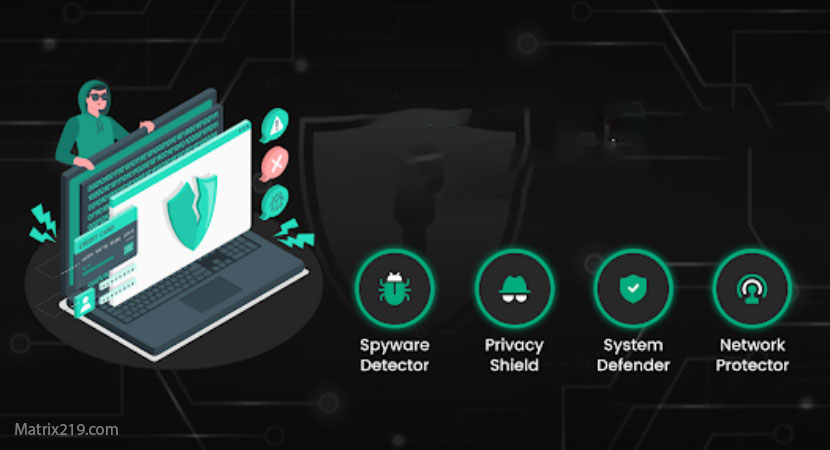Importance of Information Security in the Government Sector
Government institutions manage vast amounts of highly sensitive information, including citizen data, critical infrastructure details, and classified records, which makes information security a top priority. Cyber threats targeting government systems can have far-reaching consequences, ranging from large-scale data breaches to serious risks to national security and public trust. Attacks on governmental networks may disrupt essential services, expose confidential information, or undermine institutional integrity. Implementing robust information security measures—such as strong access controls, continuous monitoring, and incident response planning—is essential to protect government data, ensure operational continuity, and defend against evolving cyber threats.
Key reasons why information security is crucial in the government sector:
- National Security Protection: Prevents unauthorized access to classified government data.
- Public Trust Maintenance: Ensures citizens’ confidence in governmental institutions.
- Regulatory Compliance: Meets legal requirements such as FISMA and GDPR.
Cyber Threats Facing the Government Sector
Government agencies are prime targets for cybercriminals. Common threats include:
- Cyber Attacks: Malware, ransomware, and denial-of-service (DDoS) attacks.
- Data Breaches: Unauthorized access to government databases.
- Phishing Scams: Deceptive emails targeting government employees to steal credentials.
Key Information Security Measures for the Government Sector
To counter these threats, governments must implement effective security strategies, such as:
1. Encryption
Protects sensitive data during storage and transmission by converting it into an unreadable format for unauthorized users.
2. Identity and Access Management (IAM)
Ensures only authorized personnel can access critical government systems.
3. Firewalls and Network Security
Blocks unauthorized access and protects against external cyber threats.
Best Practices for Government Information Security
To maximize security effectiveness, government agencies should follow these best practices:
- Regular Software Updates: Patching security vulnerabilities to prevent exploitation.
- Strong and Unique Passwords: Prevent unauthorized access to sensitive accounts.
- Employee Security Training: Educating staff on recognizing and mitigating cyber threats.
- Routine Security Audits: Identifying and addressing vulnerabilities through periodic assessments.
Utilizing Cloud Security Solutions
Cloud-based security services provide additional layers of protection, including:
- Threat Monitoring: Real-time activity tracking to detect suspicious behavior.
- Cloud Backup Solutions: Ensuring secure data restoration in case of cyberattacks.
Conclusion
Government information security is a fundamental pillar of national security and public sector resilience. By adopting modern security technologies, enforcing strict security policies, and adhering to recognized best practices, government institutions can effectively protect sensitive data and critical systems. A strong and proactive security posture not only mitigates cyber threats but also enhances public trust, ensures service continuity, and supports the safe operation of essential governmental functions in an increasingly digital environment.
Source: Original Article on Matrix219.Net





